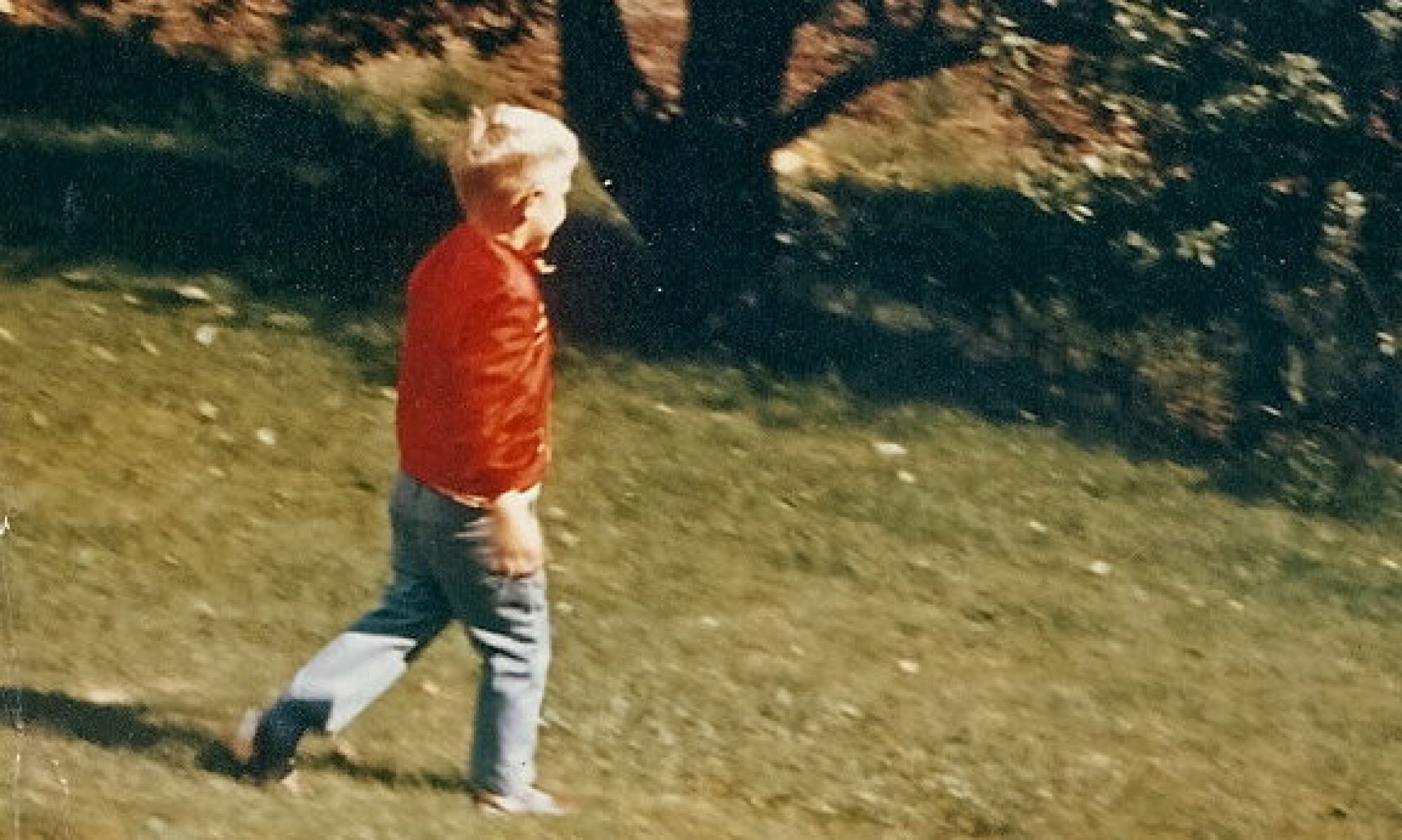It was a common problem between the two of us. Neither of us were good at deciding what to do for birthdays, special occasions, or holidays involving gifts. Our first foray into Christmas resulted in what I call “The Misadventures of Green Leather.” On a lark, I purchased a large, green, Dooney and Bourke bag as my first real Christmas present to her, and she purchased a pair of green Birkenstock loafers for me. When the unwrapping was finished, we agreed never to stress about the activity of gift-giving. Both of us returned the gifts for cash, and we used the pooled funds to buy a vacuum cleaner. For the past twenty years, we’ve rarely surprised each other with gifts, but we do manage to be generous.
So when she said, “I know what you can do for my birthday,” my guard went up. “There’s a ring there on the counter,” she said. “My grandmother gave it to me when I was a girl. I had to have it cut off my finger. Can you take it to the jeweler and see if it is valuable, and if it is, maybe have it reset in a larger size?”
There, on the counter (as she said) was a tiny little diamond chip in a princess setting. Well, a broken princess setting. The pieces of the ring had been taped together with a piece of cellophane tape. From the days when tape was cellophane. It looked exactly like the kind of ring an ordinary grandmother would give to an ordinary granddaughter.
But I knew immediately, nothing about any of these players — grandmother, granddaughter, ring — was ordinary.
I never knew the grandmother, Rachel (pronounced RUCK-hull, which sounds more beautiful than it looks, and even more beautiful when someone says it with a Yiddish accent). She was a gifted storyteller. Her oral history, recorded for the ages and transcribed with loving care by her daughter, is as rich in detail as it is in plot. Born a poor peasant in pre-Soviet Russia, the resourceful, mother-praising Rachel would find clever ways to feed her eight siblings, keep their spirits up, and somehow rise about these meager means to land a job with a big, wealthy family in the city.
It was there that she caught the eye of an awkward, aging heir who would lavish her with jewels she would sell to buy material to make clothes for her family, so they didn’t look poor at her wedding.
The gifts would continue.
Rachel was shunned by her husband’s rich relatives, never really fitting in, yet somehow raising above the fray to be the only gracious, well-bred person in the mix. During the revolution, when the family’s factory was being assimilated by the socialists, Rachel’s husband moved to America. True to her nature, Rachel held close her daughter, Chava (pronounced KH-ava, which sounds more beautiful than it looks, and even more beautiful when someone says it with a Yiddish accent). When tensions rose between Rachel and her in-laws, she would use baby Chava as leverage. In that dynamic, she held all the power by holding close to her only daughter.
Rachel used that power to convince her husband to pay for the safe passage of all her siblings. Once they were settled in America and Canada, only then did she allow her husband to pay for her and Chava’s passage to America.
The stories of her childhood were as dramatic as they get. Near-starvation during the winters, near-extermination by the Bolsheviks, near-death from sickness. Rachel makes Angela McCourt look like a self-obsessed pansy. During one particularly dramatic passage in the oral history, Rachel buries her jewelry in the courtyard of the big house, to keep it safe from the marauding bands of soldiers looking to overthrow the aristocracy.
It’s a spell-binding, page-turning, wish-you-could-have-written-it, kind of story.
Rachel settled in America and raised a large, tight-knit family. She became Rachel, the matriarch, Rachel the storyteller, Rachel the corsetiere. Her daughter became Chava, the ransomed, Chava the stage beauty, Chava the doctor. Chava’s only-born daughter, Alana, became Alana the upstart, Alana the scholar, Alana, the actor/director.
To that granddaughter, Rachel bestowed a ring. A tiny chip of a diamond in a princess setting.
Too tiny to be fake, the stone is most-likely genuine, probably of little or no value.
But the ring itself could have escaped the careful eye of the socialists, the fellow passengers in steerage, the immigration officials who quarantined both grandmother and mother upon their arrival in America.
The worth of that ring? It’s too high to even guess.
_________
Happy belated birthday, my darling girl. You are the bread and the knife, the crystal goblet and the wine.
